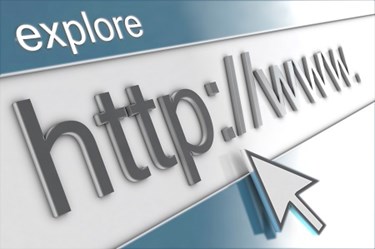Raising The Bar On Website Security

By Christine Kern, contributing writer

Symantec whitepaper explains why browsers are raising the standards of trust.
Chrome and Firefox are two of the first browsers to tighten security requirements for websites that collect passwords or credit card information. A Symantec White Paper examines why website security that’s “good enough” no longer is sufficient, finding if your site lacks data encryption:
- a “Not Secure” warning is being displayed in the URL bar
- wary shoppers may abandon their carts before checkout
- visitors may leave your site or lose trust in your brand altogether
In order to prevent these warnings from popping up and avoid the negative impact they may have on your business, organizations should encrypt websites with SSL/TLS certificates that will keep visitors’ sensitive data safe. While the browser warnings are beginning with password and credit card fields, eventually all HTTP sites will be flagged as “not secure” whether you capture user information or not.
As the white paper author writes, “The latest changes to the Google Chrome and Firefox browser rules are making SSL/TLS certificates more important than ever before. In fact, for many companies, having an SSL/TLS certificate will be vital to continued business operations. Ultimately all businesses will be impacted by these new warnings, regardless of the type of content in their websites. Whether a small business, midsize organization, or enterprise, they can also start taking advantage of the benefits of a secure site now, including higher search engine rankings, the ability to leverage HTTP/2 performance enhancements, and the ability to prevent third-party ad inserts, resulting in a better user experience.”
In fact, Google’s own research found while users currently disregard cybersecurity warnings at very high rates, with the new labels they are more likely to abandon unencrypted websites to guarantee their online security.
If your clients are lacking the appropriate SSL/TLS certificates, you can guide them through the process to help ensure the security of their sites and preserve their reputation. While many options exist, the best protection is to acquire fully authenticated SSL/TLS certificates, granted only after the organization has passed a number of validation procedures and checks to confirm the existence of the business, the ownership of the domain, and the user’s authority to apply for the certificate.
As the white paper points out, “The solution for domain owners is straightforward: Upgrade to an encrypted website by procuring an SSL/TLS certificate that meets users’ high expectations for privacy and lets customers know your site is safe.”
